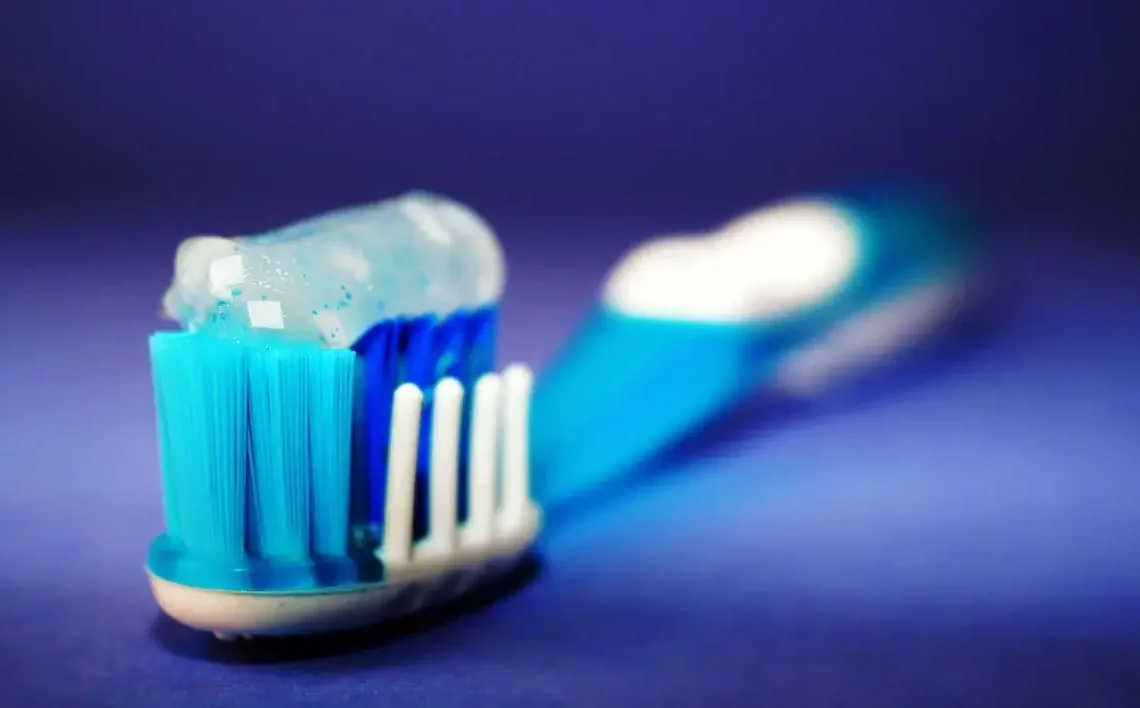One of the best things about modern dentistry is that teeth don’t necessarily need to be replaced if they become worn out, chipped, damaged, or discoloured. Teeth can be restored to its former beauty using procedures like composite bonding.
Composite bonding is becoming more and more popular among people who want to improve their smiles without having to undergo invasive procedures. Understanding the advantages and disadvantages of composite bonding is essential for anyone thinking about getting this treatment. In This article we explore the pros and cons of composite bonding, its expenses, and the next steps to take if composite bonding is for you.
So firstly what is Composite Bonding?
Composite Bonding is a restorative and cosmetic procedure that requires Layers of composite resin to be built up. The procedure is well-liked by both patients and dentists, and it is mostly utilised for minor cosmetic adjustments.
Cosmetic bonding can accomplish a number of goals, such as:
- Helping reshape a tooth
- Fixing broken and cracked teeth
- Address discoloration
- Completing dental work once orthodontic therapy is complete
- Help align and straighten a crooked tooth
How is composite bonding performed?
- The process of composite bonding involves multiple steps, which are as follows:
- Your dentist will first check your teeth, which entails closely inspecting the affected tooth and creating a composite bonding treatment plan.
- Next comes the preparation phase, which involves applying bonding primers and resin after the tooth has been etched and roughened with a gel.
- Your dentist can then precisely mould and apply the composite material to produce a repair that blends in with the surrounding teeth.
- Composite bonding is very appealing to dentists because of its gradual and careful application, which produces a very precise result.
- Your dentist will then match the pigments for the final touches.
Is composite bonding the treatment for you?
Benefits of Composite Bonding:
- Composite Bonding is a minimally-invasive treatment process, although some dental enamel may need to be removed for composite bonding (in some cases, not all), this is far less than what is required for a veneer.
- The material used for composite bonding is meticulously placed to mirror the delicate light-reflecting qualities of real tooth enamel, giving results that look realistic.
- Composite Bonding is cost effective, when considering veneers, composite bonding is more affordable. Although veneers are more strong, they can be expensive, particularly if you need to fix several teeth.
- Composite bonding typically just requires one visit and does not require a follow-up session making treatment time extremely quick. On the other hand, veneers and crowns require a minimum of two appointments for completion.
- Composite-bonded restorations can be easily restored or touched up by a dentist without requiring major intervention in the case of slight wear and tear over time. Because of this, composite bonding is an easy and sensible long-term dental enhancement option.
Disadvantages of Composite Bonding:
- Not stain-resistant: Veneers are renowned for their exceptional stain resistance. Regretfully, composite bonding does not allow for this, thus maintaining the finest possible appearance of your bonded tooth requires careful dietary selection and regular brushing.
- More prone to damage: If composite bonding is your preferred option, be ready to take extra care to steer clear of anything that could shatter or harm the tooth. Steer clear of unhealthy habits like biting pencils,fingernails, and grinding teeth.
- Restricted Lifespan: Composite bonding is not a long-term fix and may eventually need to be replaced or maintained on a regular basis. The average lifespan of a composite restoration can range from five to ten years, depending on a number of variables including dietary habits, bonding material quality, and oral hygiene routines.
- Inability to Whiten: Composite bonding materials are not affected by teeth whitening procedures, in contrast to natural tooth enamel.
- Initial Sensitivity: After composite bonding treatments, some patients may have temporary tooth sensitivity, particularly if the bonding material comes into contact with the tooth’s nerve endings. Some people find this sensitivity irritating during the first healing phase, even though it usually goes away on its own in a few days.
Composite Bonding Aftercare:
To ensure that your bonded tooth lasts as long as possible, follow these tips:
Brush: Spend two minutes brushing twice a day, in the morning and the evening.
Floss: Gently floss the bonded tooth between its surrounding teeth and along the gum line. In case flossing is difficult for you, you can also use interdental brushes.
Avoid habits that lead to wear: Chewing your nails, pens, or ice will most likely cause your bonded tooth to erode or shatter
Water consumption: Many individuals don’t realise how important water is for keeping the mouth healthy and clean. Making it a habit to rinse your mouth with water after every meal can help to keep your mouth free of bacteria and food particles that could damage your bonded tooth and all of your other teeth.
Reminder: keep in mind that the composite resin used to join teeth will discolour. Steer clear of red wine and coffee, as well as sweet and dark-coloured foods and beverages.
Composite Bonding in London:
There are many dental clinics in London that offer Composite Bonding.
London is a great place for anyone looking for cosmetic dental changes because of its energetic attitude and emphasis on aesthetics. The cost-effective, practical, and convenient combination that composite bonding provides fits in well with the fast-paced urban lifestyle.
Make an appointment for a consultation with a reputed London dentist if composite bonding is something you’re considering. Your dentist will assess your dental health, talk over your aspirations and goals, and decide if composite bonding is the best course of action for getting the smile of your dreams.
Composite Bonding Cost London:
The price of composite bonding in London might vary depending on a few factors:
- Dentist knowledge and experience
- The number of teeth that need to be treated
- Procedure complexity
- The quality of the materials used
- Where the dental office is located
Composite bonding in London offers a modern approach to cosmetic dentistry. In the heart of London, composite bonding can help you achieve the smile of your dreams, whether you’re fixing small flaws or getting a full smile makeover.
Speak with a dentist if composite bonding is something you’re serious about. They can offer you financial and medical advice on the best course of action for your mouth. Many dental clinics also offer free consultations. If you have any other questions please feel free to leave a comment and check out our FAQ section below!
FAQ’s
Are you thinking about improving your smile with cosmetic bonding but are worried about the associated costs? For your convenience, we’ve put together a list of frequently asked questions regarding cosmetic bonding prices in London.
Composite Bonding Frequently asked questions:
How much does composite bonding cost London?
The complexity of the process, the quantity of teeth involved, and the dentist’s level of experience all affect how much composite bonding in London costs. For a more accurate cost of treatment, visit a dental clinic that offers composite bonding.
Is composite bonding suitable for everyone?
Composite bonding is a versatile treatment option suitable for many individuals. For people who have significant biting problems or significant tooth injury, it might not be the best option. A thorough examination and consultation with a dentist can determine if composite bonding is the right choice for your dental needs.
How much is bonding per tooth in London?
Prices differ depending on each patient’s unique needs, there are many dental clinics that offer free consultations which allows you to ask all questions you have about the procedure as well as get a pricing estimate.
Is composite bonding reversible?
Since composite bonding involves putting resin material to the teeth, it is not thought of as a reversible process; nevertheless, if necessary, a dentist can remove it and replace it. However, the natural tooth structure may need to be modified in some way in order to remove bonded composite material.
Is composite bonding painful?
Most of the time, composite bonding is a painless process that doesn’t require anaesthetic. Nonetheless, some patients may feel a little sensitive or uncomfortable during the bonding process; this normally goes away when the treatment is over.










